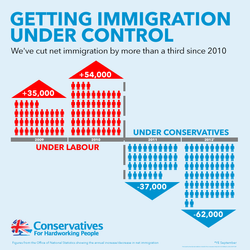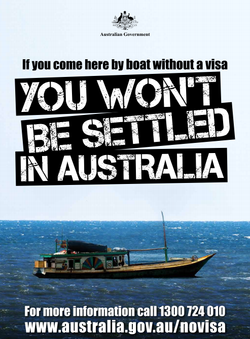
Politics of Immigration, Migration and Refugees Issues
BRAINSTORMING
National security, social services, transportation, special accommodations at crisis times, etc.
-
National security
-
Terrorism (domestic, international, recruitment…. Are they actually issues?)
-
Transparent process
-
National capacity?
-
Impact on employment
-
Best Practices for social and workforce integration
-
What organization can we talk about
-
Commonwealth of learning, commonwealth foundations (commonwealth institutions)
-
What organizations help refugees? Not just the government
-
-
What are the politics in refugee prone countries
-
Public (governance), private and not for profit (social)
How to prevent this?
- Make sure governments don't abuse human rights
- Make sure that countries create sound resettlement programs
- Ensure that organizations play a key role as well
- Government should avoid primarily linking national security threats and immigration (has to do with social aspects as well)
 |  politics8 |
|---|---|
 |  |
 |  |
 |
 Australian immigration average age |  |
|---|---|
 |  |
 |  |
 |  |
 |  |
 |  |
 |  |
SECURITY
As discussed in the social section of the theme, the change in social status for refugees and migrants can be detrimental to the different social, workforce and security aspects within a country. The most important threat to highlight at this point and in this section is how social isolation and minimization can lead to security threats. Many countries have denied or limited the entry of migrants and refugees due to the fact that there could be terrorists mingled into the group of refugees. The growth of radicalization amongst refugees and migrants is a possibility, but is not the only cause of potential terrorist attacks. As explained by Symons, there have been recent examples of when terrorist attacks are home grown. The attacks on Paris and the Boston Marathon were conducted by natives and not by refugees. The lack of effective integration policies in most countries can also lead to the formation of ghettos or isolated communities on the margins of society, ripe for frustration and vulnerable to disenchantment and even radicalization. This explains that the blame should not be placed only on these individuals trying to flee the instability of their country.
Symons continues to discuss how countries should be cautious of this growth in radicalization. However, governments should realize that motive could spring from revolting against their parents and seeking identity in their historical culture and norms; not the ones that they are currently emersed in. She suggests that government should not opt to use de-radicalization tactics since it only adds fuel the fire.
COUNTRY OF IMMIGRATION
The space within each country to allow entry to refugees and migrants is limited. Unfortunately, the two categories of individuals are in competition with one another for the spots in another country. This is especially the case for Nigerian migrants and refugees. They make it more difficult to resettle since most wish to resettle in the UK. Imagine the restrictive British immigration laws and minimum quota possible mixed with the increasing number of Nigerian migrants and refugees looking to resettle in the UK; this is not a good combination. Governments who anticipate a big influx of migrants and refugees ask themselves why these individuals seek to resettle in their country. Are they migrating based on political violence or the desire for a better life? In the case of Nigerian refugees, they are fleeing the country because Boko haram; their government is battling a terrorist group. However, not all migrants are in this boat and are denied access into a country potentially based on the number of people they are interested in allowing into the country.
SOLUTIONS?
James Skinner began a discussion about the possibility of a connecting policy of citizenship between Australia, New Zealand and the UK. This is called the Commonwealth freedom of movement organization. There are many complication for trying to attain permanent residency and a work visa between these countries, yet they have shared a common history and commonwealth connection for a long time. The argument was made that the EU is able to establish a policy that allows for its residence to work and reside indefinitely in each of the 28 member states. Why hasn’t this been established between the Commonwealth countries or at least within the ones of the same continent?
Case Studies
Migration and Security Threats: The Australian Case
Watch this video to see how the Australian government is operating their immigration system.
How complex or simple is the process of immigration into your country?
What causes a country to produce refugees?
Political Instability and neighbouring countries
The Ugandan Case
YOUTUBE DESCRIPTION:
Uganda expects an influx of up to 100,000 refugees from Burundi in following fresh political violence that broke out in the country last week. Government says hundreds have already started streaming in. This afternoon, stakeholders met the UK Minister for Africa James Duddridge at the Foreign and Commonwealth Office in Kampala, to discuss the situation of refugees in Uganda. Burundi was at the heart of the discussion.



